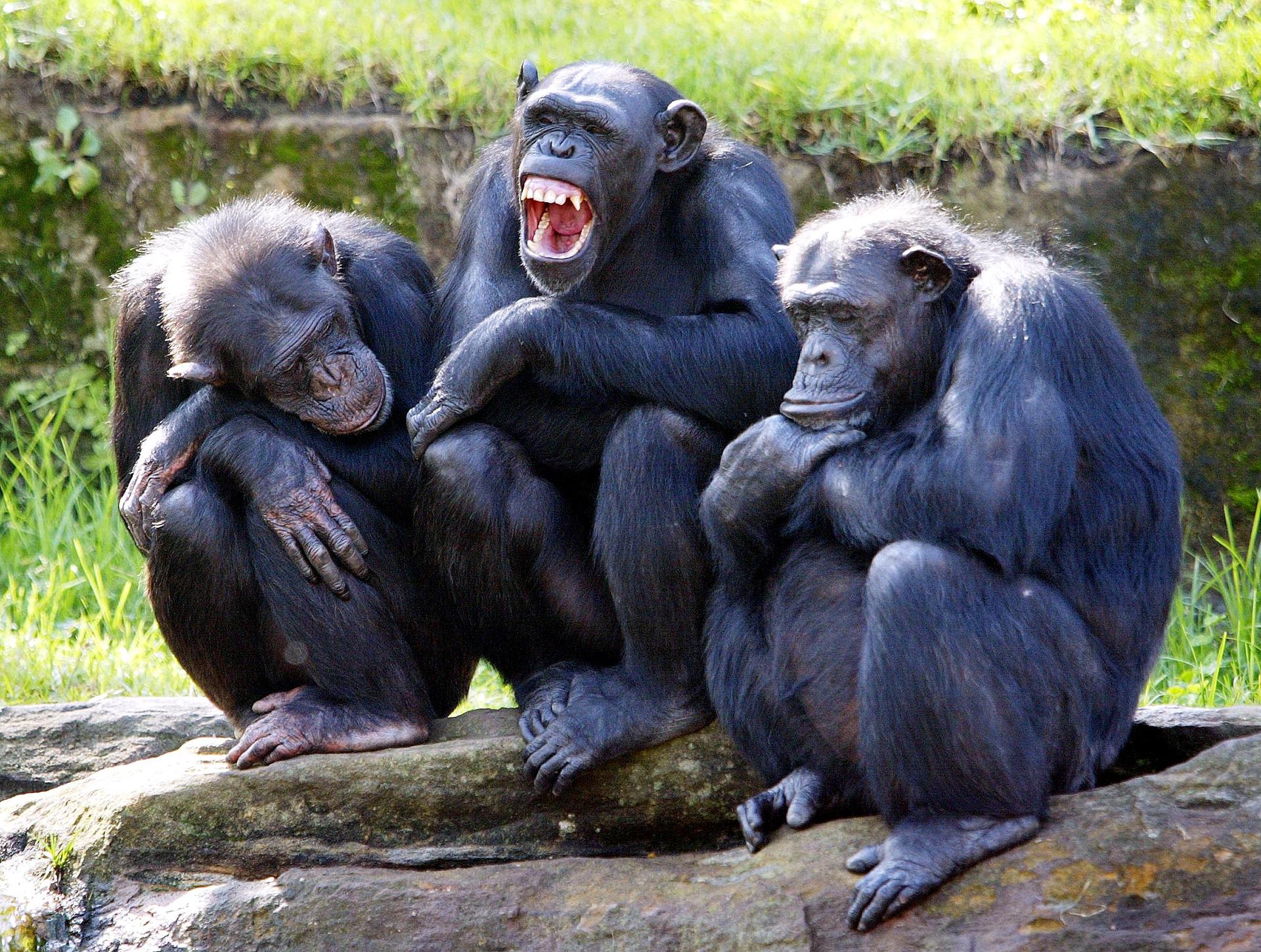US retiring most chimpanzees from research
A new study showed that contagious yawning occurs more often when stemming from a dominant male.
Chimpanzee research may be on its last breath in the United States.
The US National Institutes of Health said Wednesday it plans to "substantially reduce" the number of chimps used in biomedical research and will retire most of them to sanctuaries.
More from GlobalPost: Chimpanzee research should be restricted, US panel reports
"These amazing animals have taught us a great deal already," NIH Director Dr. Francis Collins said, adding the move helps usher in "a compassionate era" of scientific research.
The decision follows a formal recommendation by the US Department of Health and Human Services in January.
It also comes two weeks after the US Fish and Wildlife Service called for all chimpanzees to be protected as endangered species.
More from GlobalPost: Chimpanzee photos: Activists work to save chimps
About 300 research chimps will join more than 150 of their brethren already retired in various animal sanctuaries. Fifty others will be kept on essentially as retainers — meaning they will only be used for studies that can be performed no other way.
Animal rights groups applauded the move.
"This is an historic moment and major turning point for chimpanzees in laboratories — some who have been languishing in concrete housing for over 50 years," Wayne Pacelle, CEO of the Humane Society of the United States, told Reuters.
Much of the rest of the world has already ended such research, according to The Associated Press.
Every day, reporters and producers at The World are hard at work bringing you human-centered news from across the globe. But we can’t do it without you. We need your support to ensure we can continue this work for another year.
Make a gift today, and you’ll help us unlock a matching gift of $67,000!
